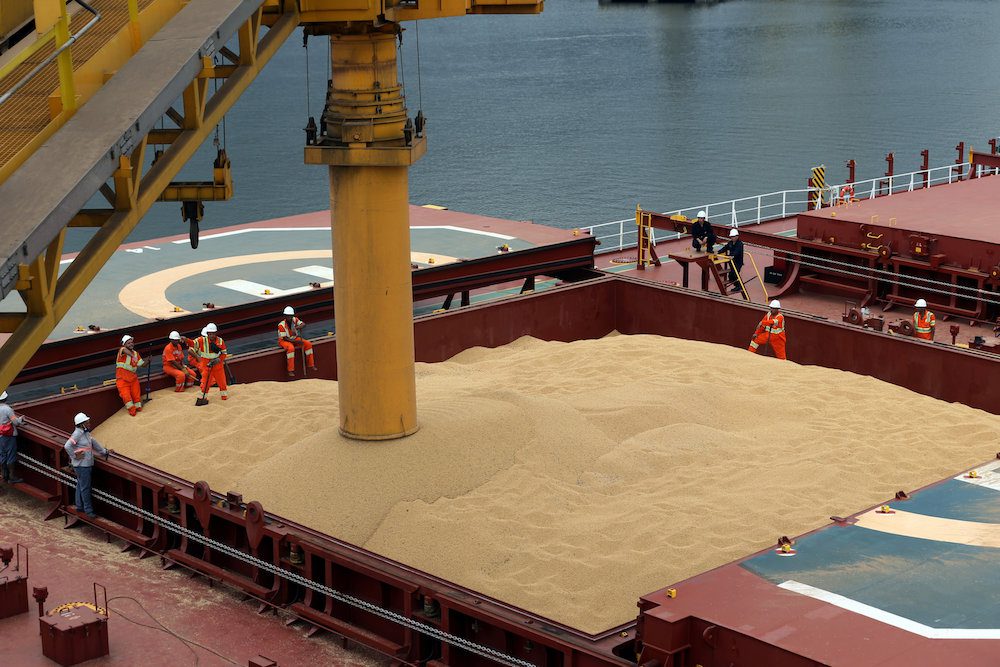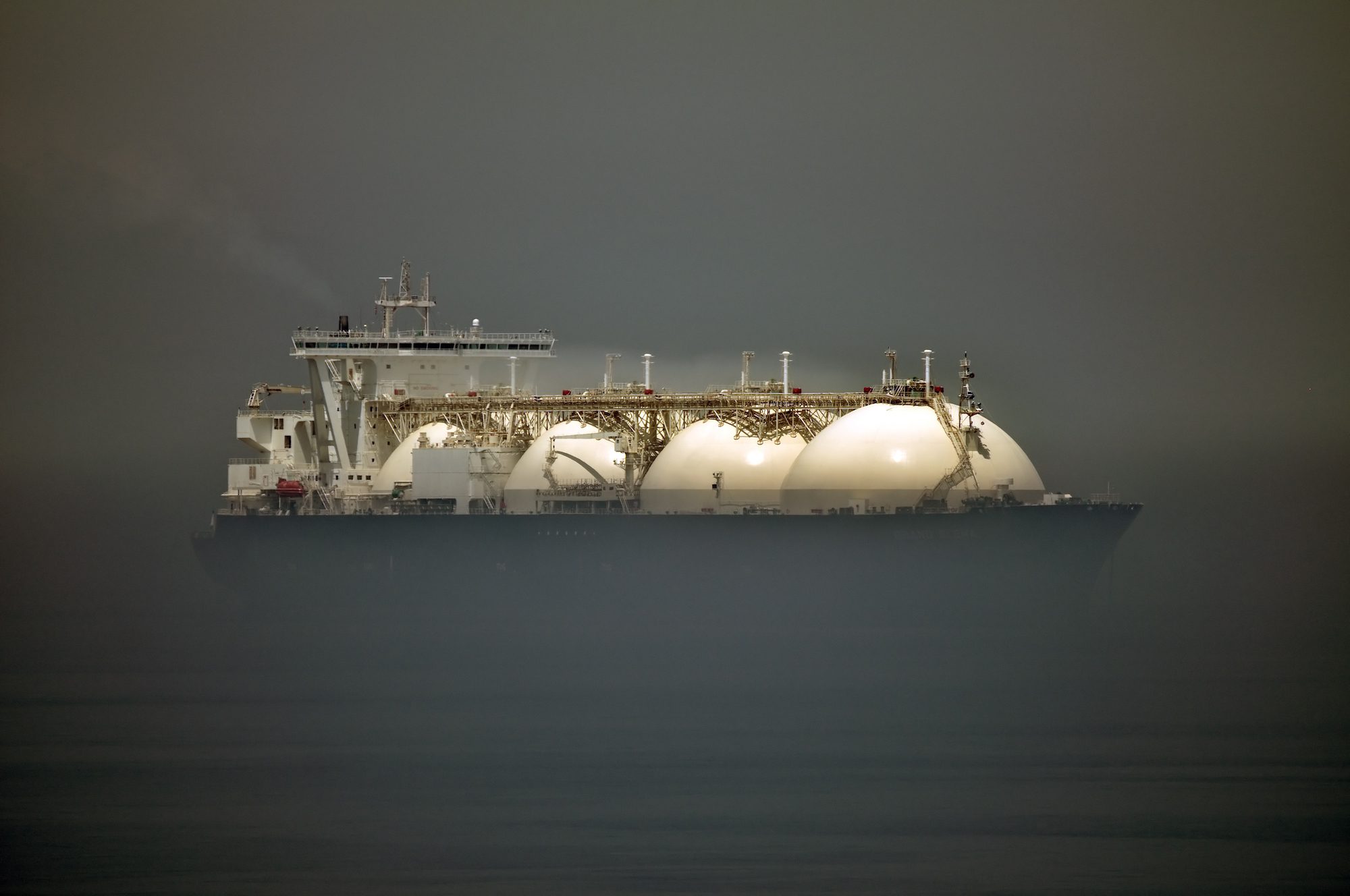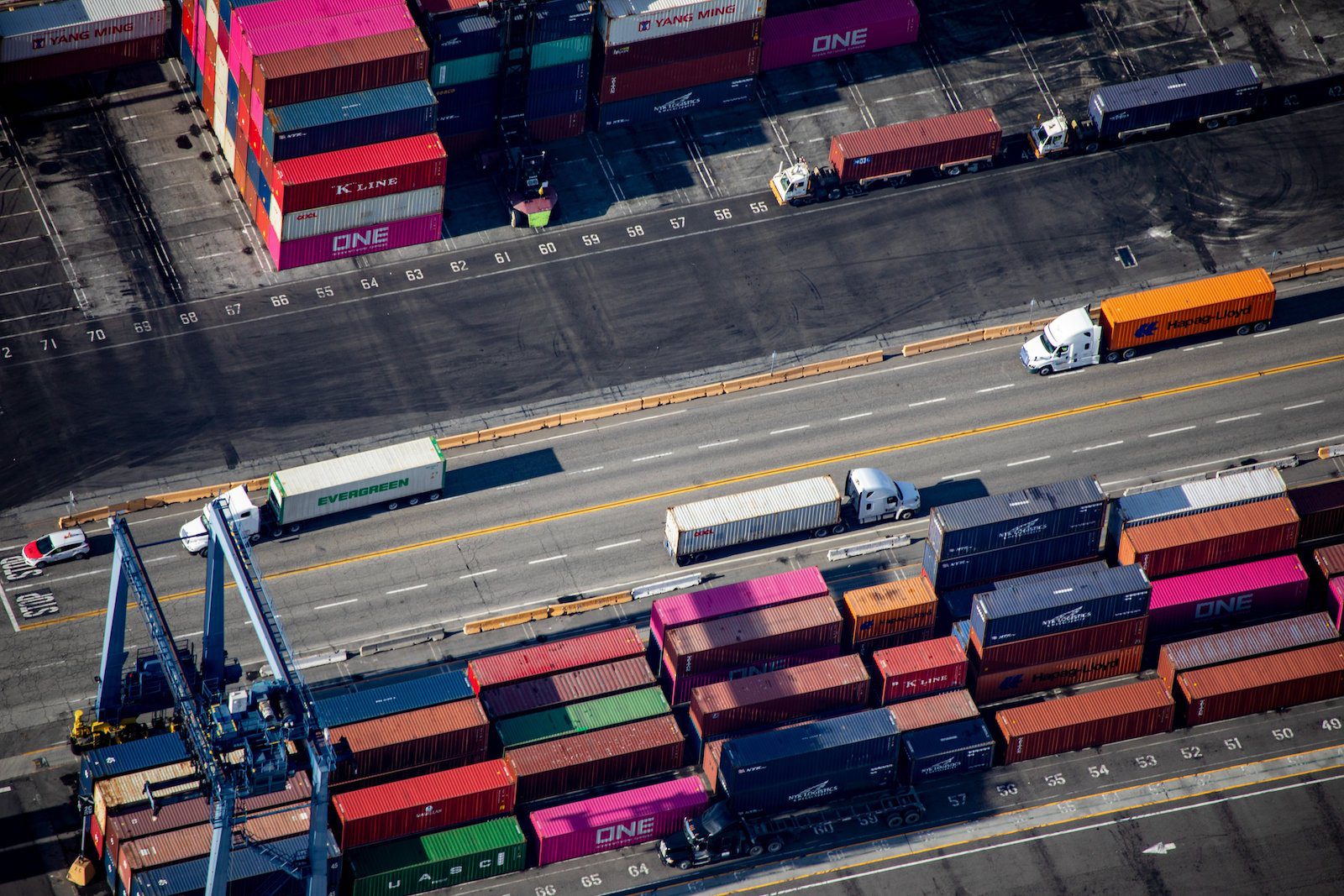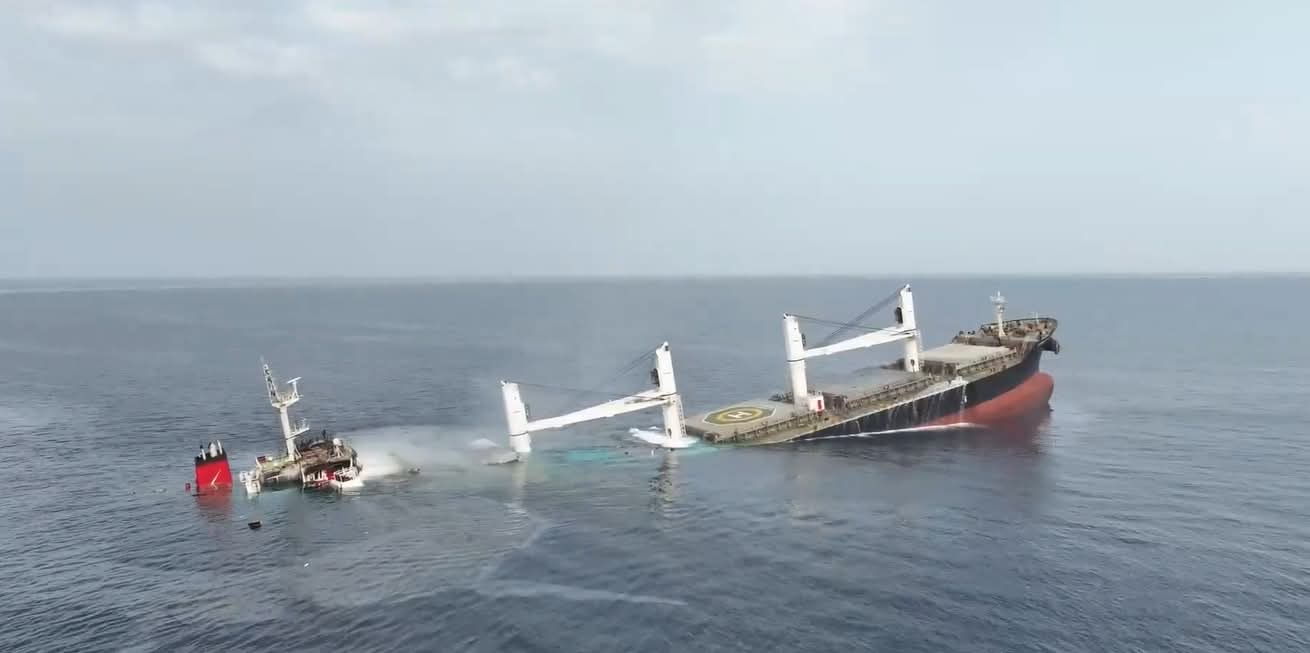By Jonathan Saul
LONDON, April 30 (Reuters) – Cargill, one of the world’s biggest charterers of ships, has cut nearly 1.5 million tonnes of gross carbon emissions from its fleet since 2017, a top company executive said, as it steps up efforts to go green.
With about 90% of world trade transported by sea, global shipping accounts for nearly 3% of the world’s CO2 emissions.
The United Nations aims to reduce the industry’s greenhouse gas emissions by 50% from 2008 levels by 2050. This target will require the swift development of zero or low emission fuels and new designs for ships.
Cargill achieved an overall reduction of 5% in CO2 emissions per cargo tonne-mile by 2020 against a 2016 baseline, the U.S. agribusiness giant said.
When broken down into specific ship segments, the reduction was higher on a 2016 basis. For instance, the larger panamax dry bulk ships had a 6.7% decrease in CO2 emissions and for tankers it fell by 14.4%, Cargill data showed.
The cuts have been achieved partly through investing more than $3 million in retrofitting energy saving devices onboard some vessels and partnering with startup ZeroNorth, which provides digital technology to improve vessel performance and reduce fuel consumption.
“Saving fuel is going to be good in every scenario and we will continue to be pushing very hard for that,” Jan Dieleman, president of Cargill’s ocean transportation division, told Reuters.
“It’s really focusing on trying to get more out of the current fleet and there is a lot more to be done.”
Cargill’s gross CO2 emissions fell to 7.102 million tonnes in 2020 from 7.371 million tonnes in 2019, 7.382 million tonnes in 2018 and 7.732 million tonnes in 2017.
Cargill charters between 600 to 700 vessels, of which 90% are for dry bulk and the rest are for tankers.
Cargill is also working with technology partners to fit sails on selected vessels, which will cut carbon emissions by up to 30% through harnessing wind power.
Dieleman said the first vessel to be fitted with sails was expected to be ready next year.
To reach the UN’s goals for shipping, industry leaders say the first net-zero ships, using alternative fuels, must enter the global fleet by 2030.
Dieleman said Cargill was also working jointly with separate partners on researching the fuels of future, which he said was not something that “any company on its own should be figuring out”. (Editing by Jane Merriman)\
(c) Copyright Thomson Reuters 2021.

 Join The Club
Join The Club












